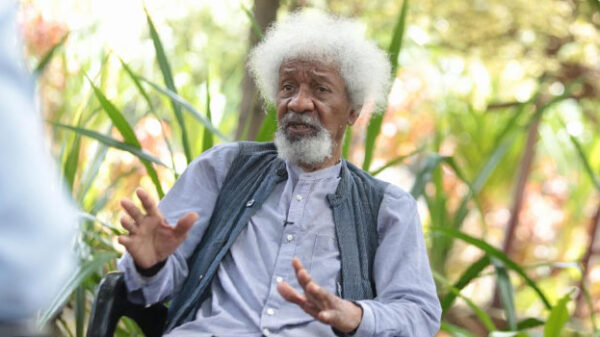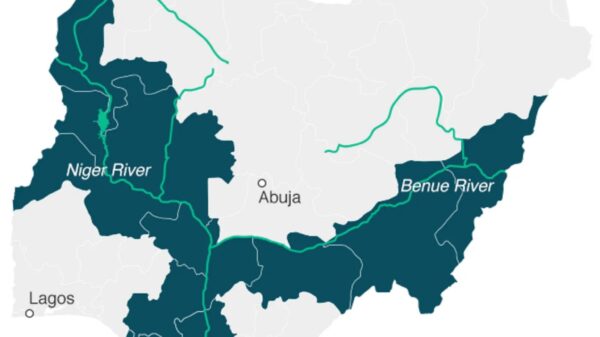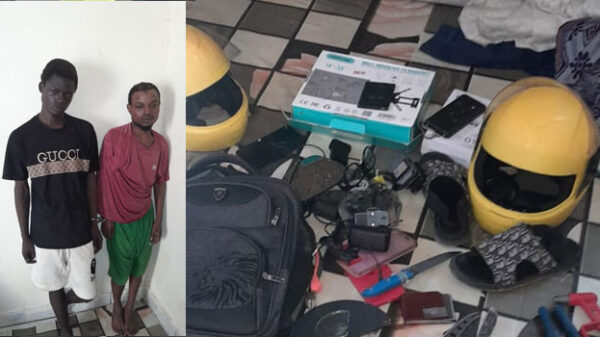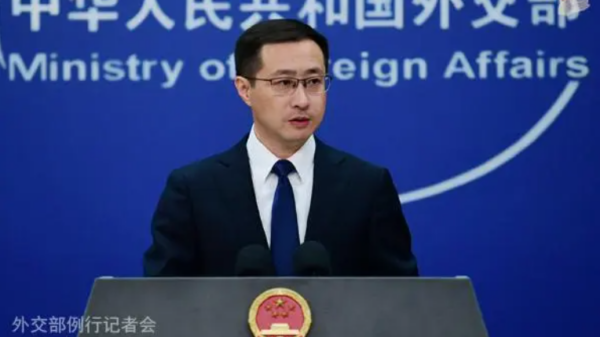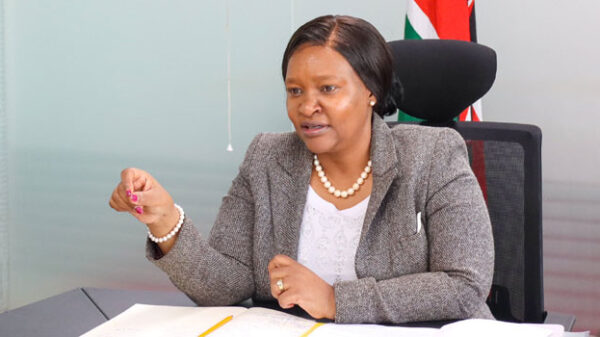NAIROBI, Kenya Apr 16 – What if the late Nobel Peace Laureate Wangari Maathai was alive as the world battled the COVID-19 pandemic?
It is a ‘jealous’ menace that has enveloped almost everything and as a result many things have gone unnoticed including the late Wangari Mathai’s birthday celebration which would have been marked on April 1.
She would have turned 80.
As of April 16, the virus had infected more than 2 million people globally with 134,669 deaths. In Kenya, 225 cases had been reported with 53 recoveries and 10 deaths recorded.
Wanjira Mathai, the Nobel laureate’s daughter, walks Capital FM News through Maathai’s achievements including a campaign put in place to honor the Nobel Peace Prize Laureate.
On her birthdays, the environment icon would have plant a tree, the Green Belt Movement staff would surprise her at work with a cake and some environmental song.
“That’s how she marked almost every birthday. And that’s how she marked her last at the Green Belt Movement. She planted her 70 first tree on April 1, 2011. And that will always be a reminder for us of her love for trees and the environment,” Wanjira says.
As leaders across the globe strive to protect its citizens during these tough times, be it by cushioning them from economic effects, ensuring their health or assuring of security, its imperative to re-imagine what Wangari’s input would be.
“My mother was extremely patient and committed and cared about others. I would say she has a deep sense of social capital.”
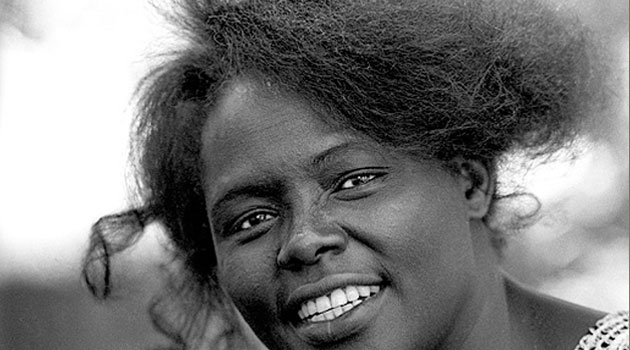
In emulating this, Wanjira says we should be inspired by the concept of ‘Ubuntu’; we are in this together and that I am because of you.
“That we cannot be selfish about things in this season – we have to consider our health and security in a systematic way. That the impacts of our choices will go beyond our families. And we have to consider the most vulnerable among us,” Wanjira notes.
She further gave deep insights on some of the achievements and impact of Mathai’s legacy including a glimpse of the future plans by the Green Belt Movement, a environmental conservation non-profit she founded 40 years ago and the Wangari Mathai Foundation (founded by Wanjira).
“One of the most important achievements is the level of environmental awareness that Kenyans as a whole have gained. Kenyans are some of the most environmentally aware people in the world. We love our parks and our cities. The challenge we have is that we do not always realize we also own them as citizens of our country,” Wanjira notes.
Karura Forest and Uhuru Park are among remarkable sites whose conservation she championed for. They cannot be mentioned without Wangari Maathai’s name coming up.
“We are lucky Wangari Maathai and the Green Belt Movement fought, that we might have such natural beauty to enjoy,” Wanjira says.

The environmental icon left a great impact in the world.
Global activists, including Vannessa Nkate (Uganda), Elizabeth Wathuti and Kenya’s Claire Nasike, as well as Unelka Maoga and Greta Thunberg both from Sweden are among youth crusaders emulating her path in leading the activism drive.
“These young women are passionate about the environment and for some of them, their inspiration comes from Wangari Maathai. I’m inspired by the fact that our future will be well in their hands. I think Africa, and Kenya, is doing quite a bit to sensitize about on climate change. But there’s still a lot more we can do,” Wanjira notes.
“Were it not for this global pandemic, the Wangari Maathai Foundation would have put up a campaign to celebrate Wangari at 80,” she says recalling her late mother’s motto: “a healthy environment supports healthy people”.
“This is as good a time for any for us to hear her voice again. We needed to be inspired by her example and the work that she committed her entire life to,” Wajira adds, “the next chapter for the Green Belt Movement as a legacy to remember the environment icon is multi-faceted.”
Besides the Green Belt Movement which remains her well known legacy around the world, the Nobel laureate also left a rich legacy in higher education.
The Wangari Maathai Institute for Peace and Environmental Studies at the University of Nairobi seeks to bridge the gap between knowledge and practice.
The Wangari Mathai Foundation (WMF) an initiative founded Wanjira five year’s ago is yet another organization in the education sector.
“We wanted to share the spirit of who Wangari Maathai to the children and youth. Inspired by the legacy of the 2004 Nobel Peace Laureate our focus is on the ‘Power of One’ the idea that each of us could be a potent agent of change,” Wanjira says..
The WMF has various programs including one dubbed Wanakesho, targeting children aged 6 to 17. It focuses on curriculum experiences that incorporate among other things emotional intelligence to younger people. The other christened En-Courage is centered on courageous leadership for the youth aged between 18 and 35.
The WMF is putting up a Wangari Maathai House which will conserve Maathai’s work, exhibits and awards to be accessed by the general public through programs and exhibits.
“It will also be a place for young people to get together and reflect on issues they care about and trigger conversations. It will eventually be the home for our Youth Cafés,” Wanjira adds.
Even though this year’s women’s celebration day remains silent, the leadership struggles of women entrepreneurs came up. Wanjira, just like many others says she battles the issue of, “not being taken seriously enough and finding enough time to do everything at home and work (work/life balance).”
“I would say to any woman in this month of women that they should believe in their capacity to change their world, to define the world they want to see and begin to work towards it. To get involved in activism in whatever areas interest them,” she says.
As part of its agenda, WMF is also focused on inspiring youth leadership and inspiring young people to be the best versions of themselves.
“We believe that change will come when the entire society is moving in the right direction. Men and women together, Wangari Maathai was an exemplary leader and a good example for all of us of what it takes, and the impact one can have when you are patient, committed and persistent,” Wanjira says.
Wangari Maathai is gone, but her motto of a healthy environment support a healthy people, remains relevant; more so now that the world is grappling with effects of global warming coupled with related and unrelated pandemics.



